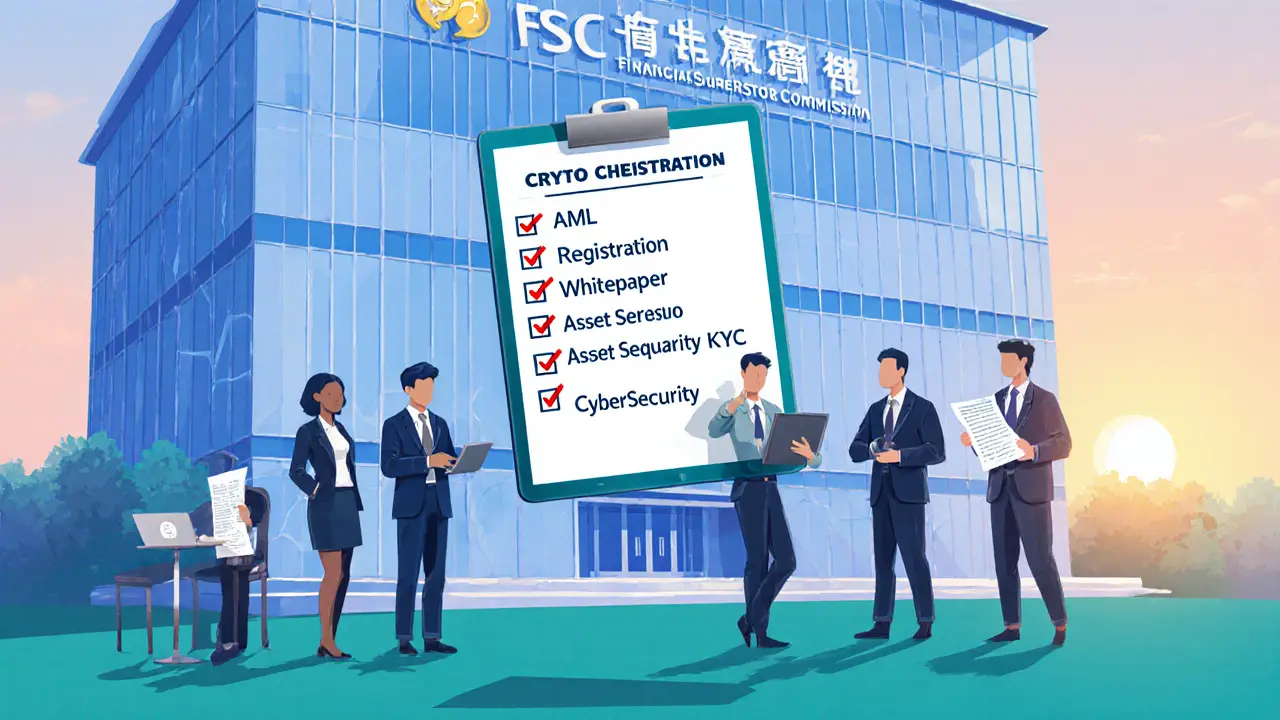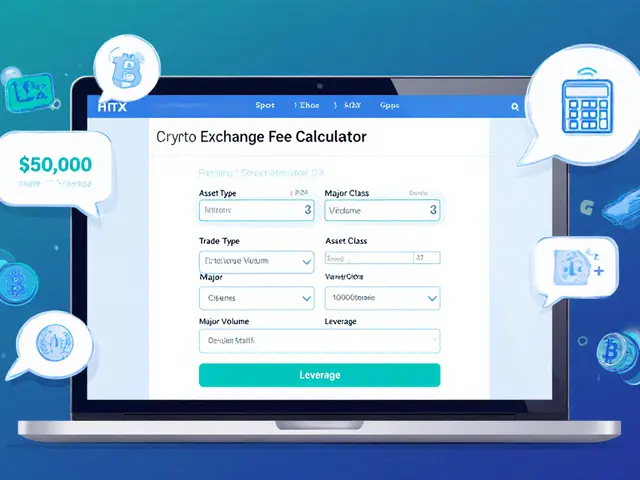Taiwan Virtual Asset Service Provider Overview
When talking about Taiwan virtual asset service provider, a legally registered entity that offers crypto‑related services such as exchange, custody, or payment processing under Taiwan’s financial law. Also known as VASP, it must obtain a licence from the Financial Supervisory Commission and follow strict AML/KYC rules.
The landscape is shaped by Taiwan crypto regulations, a suite of statutes and guidelines issued by the FSC that dictate how digital assets can be offered, traded and stored in the country. These rules require every VASP to register, maintain audited reserves, and report suspicious activity. In practice, the regulations push providers to adopt robust compliance tech, which in turn raises the cost of entry for new startups.
Key Components of Taiwan’s VASP Landscape
One of the most talked‑about pieces is the stablecoin framework, a set of criteria that defines which tokens qualify as stablecoins and the capital reserves they must hold. The framework forces issuers to keep a 1:1 backing with fiat or high‑quality assets, and it subjects them to periodic audits by licensed banks. This creates a clearer bridge between traditional finance and crypto, letting banks comfortably offer custodial services for approved stablecoins.
Meanwhile, the government is piloting a Central Bank Digital Currency (CBDC), a state‑issued digital version of the New Taiwan Dollar that will coexist with cash and commercial stablecoins. The CBDC pilot influences VASPs because it sets expectations for interoperability, real‑time settlement, and tighter data sharing with the central bank. Providers that can integrate CBDC wallets early may gain a competitive edge.
Banking restrictions also play a huge role. Traditional banks in Taiwan are only allowed to service VASPs that have completed the full registration process and passed a risk assessment. This means that a VASP without a banking relationship can’t hold customer fiat, limiting its ability to offer fiat‑on‑ramp services. As a workaround, many firms partner with foreign‑licensed banks that have a local subsidiary, but they still need to meet the same compliance standards.
From a user perspective, the combined effect of these entities is a more secure but also more regulated market. Traders can expect transparent fee structures and clear dispute‑resolution pathways, while investors see stronger protection against fraud. At the same time, the regulatory overhead can slow down the launch of innovative products, so you’ll often notice a gap between what’s technically possible and what’s legally available.
Below you’ll find a curated collection of articles that dive deeper into each of these points – from step‑by‑step VASP registration guides to analysis of the stablecoin reserve requirements and the latest CBDC trial updates. Use them to map out your compliance checklist, compare service providers, or simply stay ahead of the regulatory curve in Taiwan’s fast‑moving crypto scene.
A 2025 guide to Taiwan's FSC crypto regulations for exchanges, covering registration, AML rules, security token limits, ETF access, compliance checklist, and upcoming law changes.



 Finance
Finance




